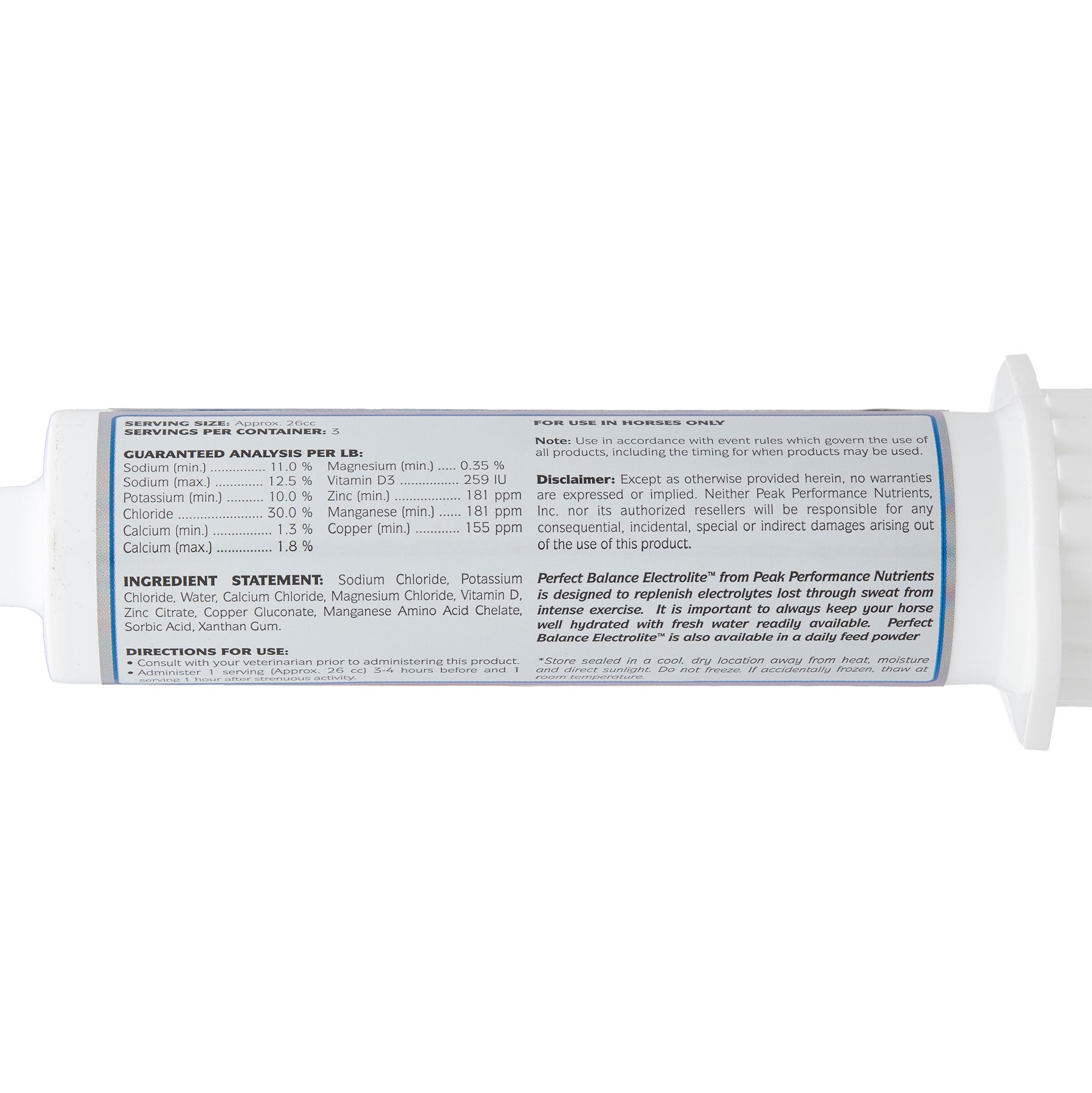

Scientists are still exploring exactly how dietary chloride intake affects blood levels and cellular concentrations, but it’s clear that this electrolyte plays an important role in supporting the health of your heart. Research shows that chloride has a significant impact on your blood pressure levels as well. It’s also essential to healthy digestion. It helps to balance levels of other electrolytes as well as your body’s pH levels. This mineral is a key ingredient in several bodily fluids. Other dietary sources of chloride include seaweed, rye, tomatoes, lettuce, celery, and olives. Table salt is made up of sodium and chloride. The 2015–2020 Dietary Guidelines for Americans recommends limiting sodium consumption to under 2,300 milligrams per day, yet the average daily sodium intake for an adult living in the United States is over 3,400 milligrams. Most Americans, however, consume far more sodium than they need. Having too little sodium in your blood is called hyponatremia. Sodium helps maintain the ideal balance of water in and around your cells, stable blood pressure levels, and proper nerve and muscle functions. We need to ingest a minimum of 500 milligrams daily, according to the American Heart Association (AHA). While it’s certainly possible to consume too much sodium, you don’t want to eliminate sodium altogether. Here are seven of the most important electrolytes as well as their main roles.

Maintain the healthy functioning of your nerves, muscles (including your heart!), and brainĮach electrolyte contributes in its own specific way.Flush waste byproducts out of your cells.Ensure an appropriate volume of water in your body.We take in electrolytes from the foods we eat and liquids we drink.Įlectrolytes have a number of vital roles to carry out inside the human body for instance, they help to: These signals are crucial to many of the bodily functions that keep you alive.Įlectrolytes can be found in your blood, urine, and other bodily fluids, as well as in your body’s soft tissues. This allows them to conduct electricity and relay electrical signals throughout your body. In addition to staying hydrated, it’s important to ensure you maintain an ideal electrolyte balance.Įlectrolytes are minerals that take on an electric charge-either positive or negative-when you ingest them. The water in your body contains vital compounds, including different types of cells, proteins, and electrolytes. By adulthood, the volume of water in a man’s body is about 60% for men and in a woman’s, about 55%. At birth, our bodies are made up of an average of 78% water, according to information provided by the U.S. Water, as you almost surely know, is entirely essential to your health and well-being.


 0 kommentar(er)
0 kommentar(er)
